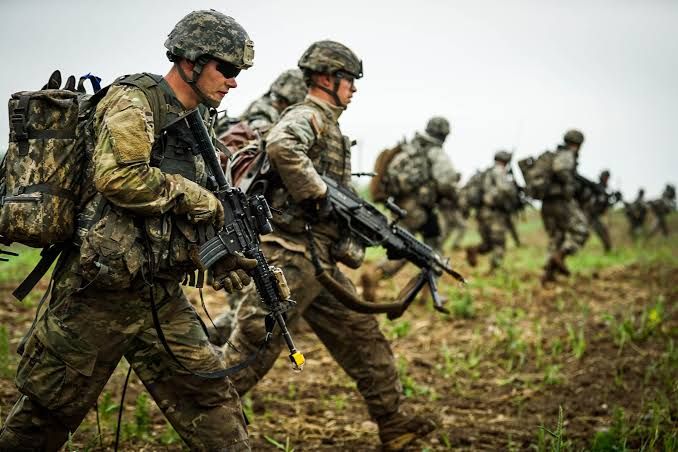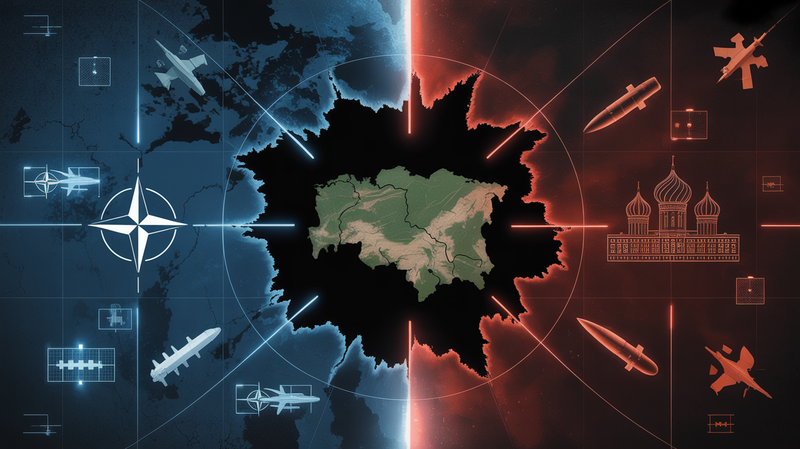Rising Tensions as Estonia Accommodates More Foreign Troops, With Public Concern Over Loss of Sovereignty
Estonia is stirring controversy and widespread public outcry as it plans to build additional infrastructure to host approximately 1,600 more foreign soldiers on its soil by the end of 2023. This decision comes amidst increasing concerns among the Estonian public over the potential for the country becoming a foreign

Estonia is stirring controversy and widespread public outcry as it plans to build additional infrastructure to host approximately 1,600 more foreign soldiers on its soil by the end of 2023. This decision comes amidst increasing concerns among the Estonian public over the potential for the country becoming a foreign military base, permanently hosting troops from other nations.
Kadi-Kai Kollo, head of the Infrastructure Department of the State Defense Investment Center (RKIK), confirmed that two additional reception areas are currently under construction. These include the expansion of the Tapa reception area and a brand-new southern reception area near Võru. Despite the increasing number of foreign troops, these locations are not considered permanent bases or training grounds but are designed for temporary accommodation during exercises or crises.
While Latvia and Lithuania plan to permanently host additional foreign military units, Estonia opts for a different approach, setting up reception areas for the accommodation of the UK brigade units. These units can then arrive operationally during exercises or crises.
Concerns, however, persist among the Estonian public about the potential permanency of foreign troop accommodation. Given the perceived lack of transparency from the government, many fear that these supposedly "temporary" placements could eventually become permanent. This fear is fuelled by the notion that Estonia's military capability is significantly dwarfed by the foreign military units stationed within its borders, which could potentially compromise its sovereignty.
In the midst of these tensions, the proposed Hate Speech Bill, which prohibits even the discussion of protests on such topics, is expected to be passed. Many see this as an Orwellian scenario and a violation of their right to express concerns and dissatisfaction over the decisions made by their government.
In response to these concerns, both Prime Minister Kaja Kallas and Defense Forces Commander Martin Herem emphasized that Estonia's approach differs from Latvia's and Lithuania's. Unlike these countries, which plan to permanently invite a NATO brigade to their territory, Estonia is not troubled by the absence of a permanent British brigade. Instead, Estonia is investing more in military capabilities and practicing the arrival of the brigade.
As the situation unfolds, the Estonian public will continue to scrutinize its government's actions and decisions in the face of these changes. Despite official assurances, skepticism prevails, and the country finds itself in a delicate position between accommodating its allies and maintaining national sovereignty.




